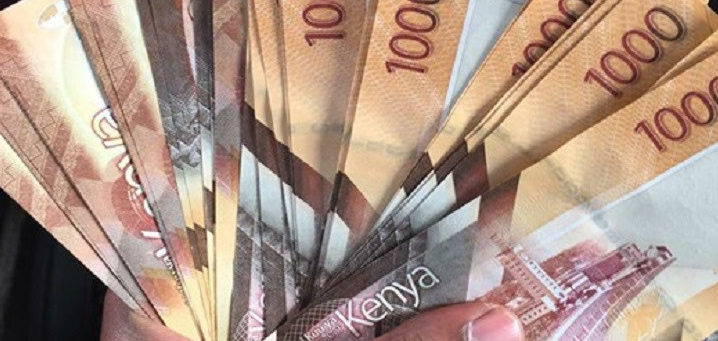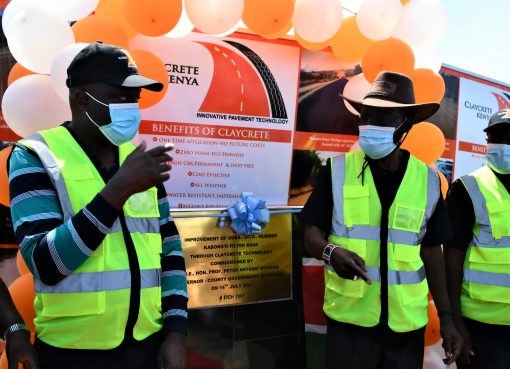Small and medium enterprises (SMEs) play a vital role in the economic development of Kenya.
according to the national economic survey report by the Central Bank of Kenya 2017, SMEs constitute 98 per cent of all business in Kenya, creates 30 per cent of all jobs annually and contribute 40 per cent to the Gross domestic product (GDP).
However, Covid-19 pandemic has had a significant impact on the general economy especially to the SMEs which is highly informal as only 20 per cent of the 7.4 million Micro-Small and Medium Enterprises (MSMEs) operate as licensed entities.
For instance, in Meru County several businesses have been affected by the covid-19 pandemic, especially bars and restaurants and they have either closed down or scaled-down on their workforce.
A spot check by KNA revealed that one of the famous entertainment joints in Meru town popularly known as i604 is currently experiencing the negative effects of covid-19.
On a normal day and a busy week, the club usually opens its doors to clients from 3 pm, but nowadays the club is almost deserted during at the opening time with only the manager available at the premises.
“Initially, before the advent of Coronavirus, we used to have a staff of about 33 people, but now we have reduced the number of our employees to a paltry 13.
This is because sales have gone down from a weekly turnover of about Sh1.3 million to less than Sh500,000, and with the curfew still in place bars are not doing well especially here in Meru because most people like to party at night,” said Faith Karambu, the General Manager at i604 lounge.
And in a desperate attempt to meet expenses of running their trade, some business owners have opted to cut down on some service delivery to their customers as a way of cutting cost and reducing expenses.
Erick Maingi, a barber at Makutano shopping centre near Meru town says that he had to stop washing clients’ heads after shaving since the cost of heating water is too high as compared to the profit he makes on daily basis and also a way of cutting down on electricity bills.
“Before l would shave five to six people in a day, but now even getting one person is very hard, curfew regulations have also made me close at 7.30 pm because there are no customers. I also terminated the jobs of two boys who were helping me,” he said.
On November 18, 2019, the Kenya Government announced an economic stimulus program that offered tax breaks funded a credit guarantee schemes and direct payment of pending bills to SMEs.
However, many local business owners around Meru are yet to access these funds either due to lack of information on the procedure or they are just unable to get access.
Maingi hopes that the local county government will at least consider a waiver on taxes especially for small business traders.
By Eric Otieno and Dickson Mwiti




